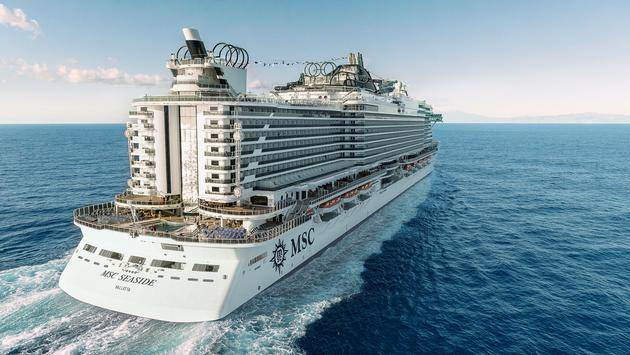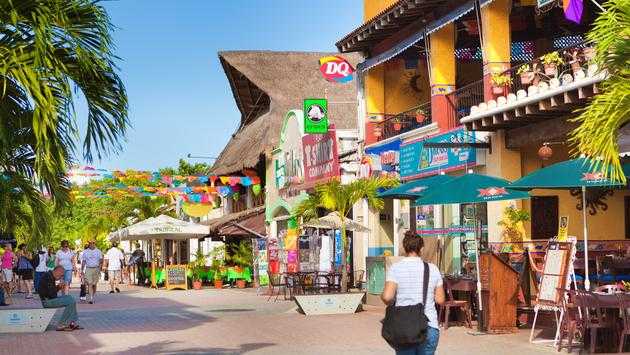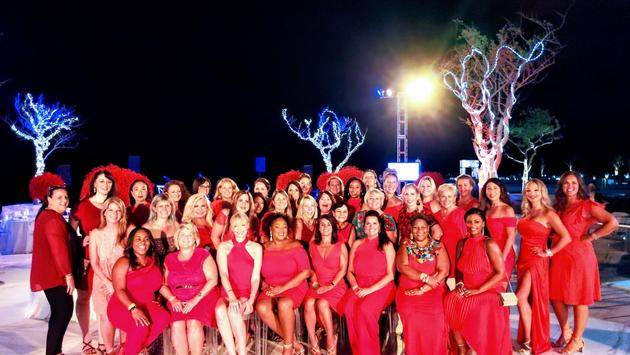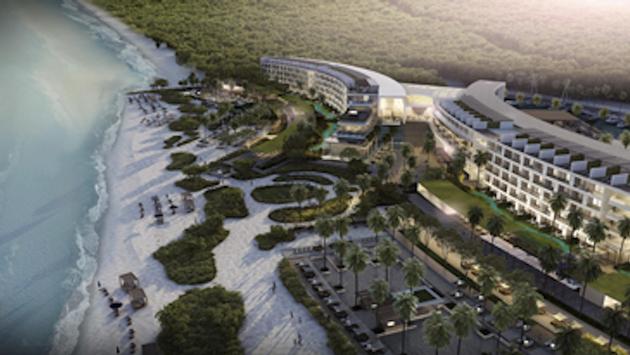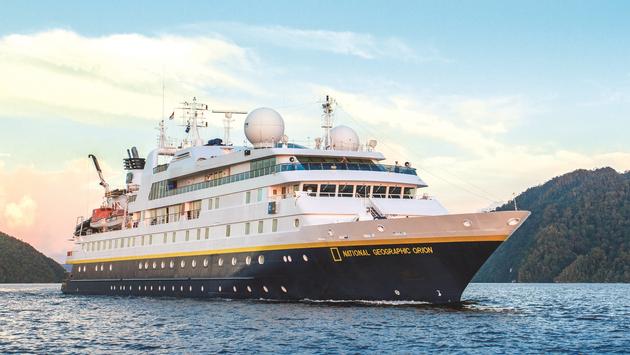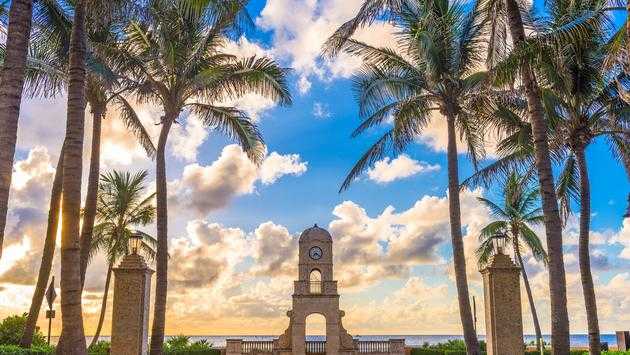There’s Pent-Up Demand for Travel, but COVID Has Altered Consumer Behavior
This week, the Travel Technology Association (Travel Tech) released its ‘Future Travel Enthusiasm in the Age of COVID-19’ report—an examination of the latest travel trend data, which highlights growing enthusiasm for future travel and the ways in which travel is expected to evolve in the pandemic’s wake.
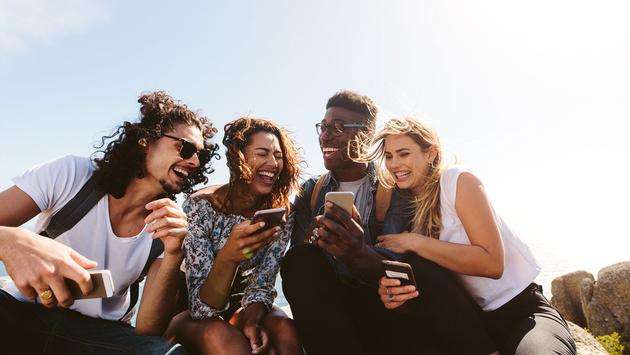
Now a year into the COVID-19 pandemic , it’s clear that consumers are eager to begin traveling again once vaccines become widely distributed. Hardly surprising, given all of the trips that had to be canceled in 2020, paired with nearly 12 months of various lockdowns and stay-at-home orders, Travel Tech’s research revealed that 82 percent of American families have already made travel plans for 2021.
Travelers’ experiences during COVID-19, including habits and behaviors they’ve acquired during this period, will affect the ways people travel moving forward. Among the changes adopted by travel and hospitality companies during the pandemic has been a transition to increased reliance on technology. As travelers continue to expect enhanced cleaning protocols, safety precautions and flexible cancelation options, new technologies are poised to play a crucial role in the travel industry’s future.
—52 percent of American travelers are excited about tech’s potential to further personalize their travel experiences.
—65 percent agree that tech will be important in mitigating health risks during travel.
—65 percent believe that accommodations will need to rely on the latest tech to help travelers feel safe.
—47 percent want tech options to make last-minute restaurant reservations.
—55 percent want more self-service machines in lieu of ticket desks.
Since travel was put on hold in 2020 and most people have spent the past 12 months at home, consumers are eager to make up for lost time, especially with the hope inspired by the release of COVID-19 vaccines. The renewed sense that travel is a privilege, rather than a given, has travelers ready to spring at the first opportunity.
—65 percent of respondents said they plan on traveling more than they did pre-COVID.
—33 percent are willing to spend more on travel than they traditionally would.
—54 percent said they are more likely to take their bucket-list trip this year than ever before.
Still, the psychological effects of COVID living aren’t likely to fade quickly, and consumers are expected to continue the behavior patterns they’ve adopted over the past year. The “new normal” will continue to include social distancing, leading consumers to select short-term rentals and non-traditional lodging options over hotel stays. Other aspects of travel will also continue to be affected by the desire to steer clear of other human beings as much as possible.
—59 percent of families said they’re more likely to drive instead of fly for their next trip.
—61 percent of families said they’re more likely to visit an outdoorsy destination than an urban one.
The element of uncertainty, which has become a staple of the COVID experience, has also affected travelers’ mindsets and potential behaviors. They’ve become more diligent in terms of travel planning, with 69 percent of respondents in a recent study indicating that they would research their next trip more thoroughly than they have done in the past. The tendency to favor domestic travel will also continue through 2021.
—80 percent of American travelers will take more precautions due to COVID and will look to travel industry operators to help them navigate safely the “new normal”.
—62 percent were interested in vacationing close to home and were limiting their search to domestic destinations.
—85 percent said they would be more likely to travel abroad if airport testing were in place.




